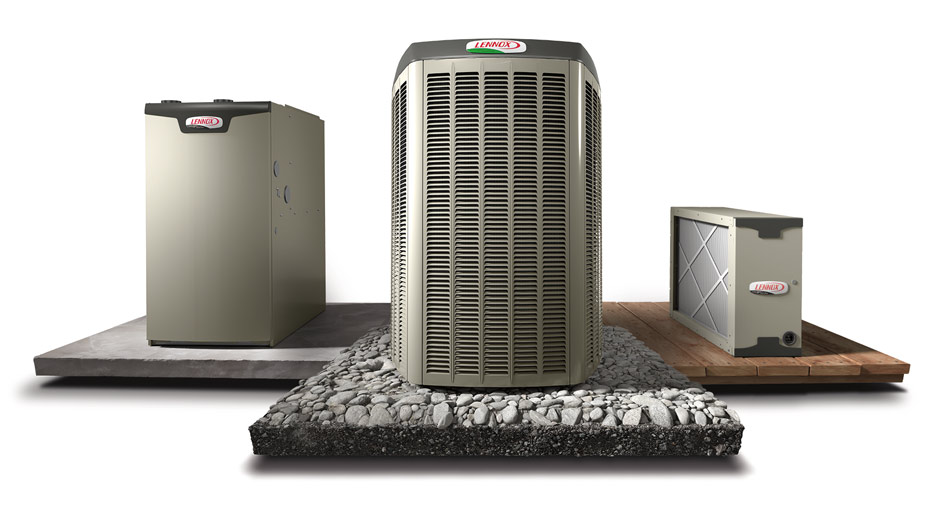Blog
Serving Temple/Belton and These Areas
About Bell Air Conditioning Inc
At Bell Air Conditioning Inc, making your home cozy is our top interest. That’s why we offer lasting HVAC solutions and excellent work in Temple/Belton and surrounding areas. Our technicians are knowledgeable in a wide range of services, so you can have confidence in the results you have. They’ll give the support you are looking for, whether it’s adding an updated HVAC system or working on and tuning up your current system. We’re available to help with all of your necessities, so call us at 254-307-9572 or contact us online to schedule an appointment today.
Bell Air Conditioning Inc
310 E Central Ave.
Belton, TX 76513
Phone: 254-307-9572
Email: [email protected]
License # TACLA21562E
© 2024 Bell Air Conditioning Inc | All rights reserved







